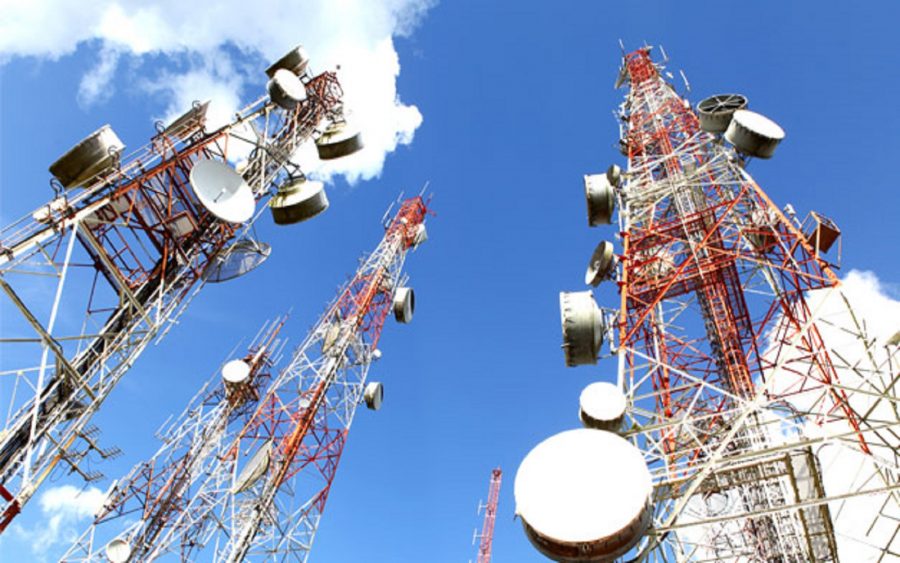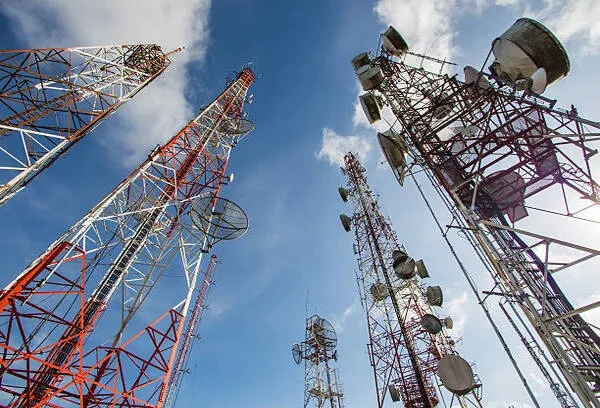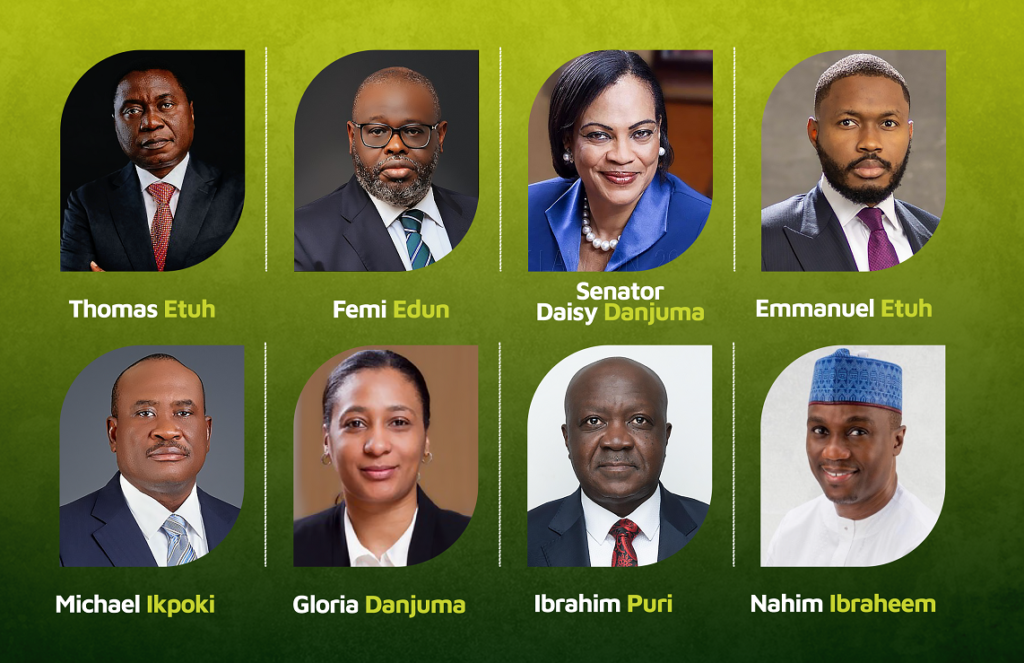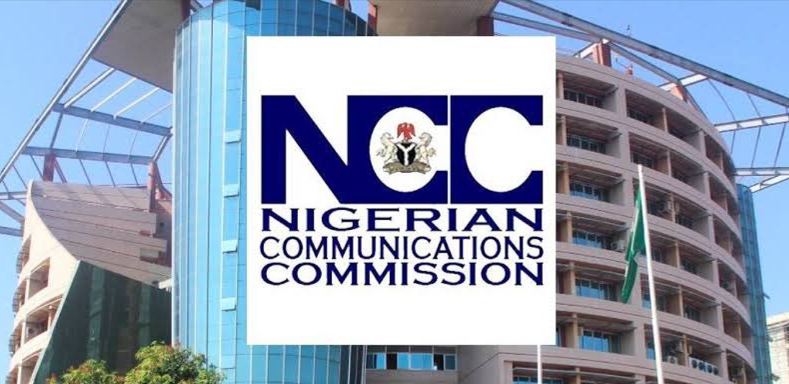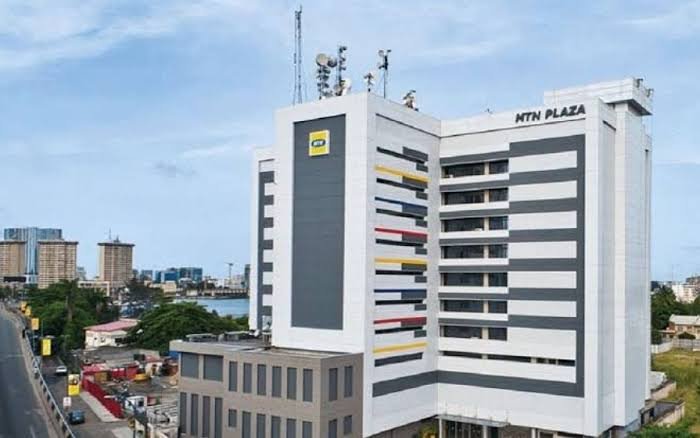The World Trade Organisation and the World Bank have warned that Nigeria’s weak infrastructure and regulatory gaps could prevent the country from unlocking its billion-dollar digital economy potential.
Nigeria’s broadband penetration currently stands at approximately 48%, falling short of the 70% target set by the National Broadband Plan.
Nigeria faces significant challenges in its quest for robust broadband infrastructure, including limited fiber optic coverage, weak last-mile connectivity, high costs, and regulatory bottlenecks. These challenges are particularly pronounced in rural areas, where infrastructure deficits hinder digital inclusion. According to Yinka Isioye, Chief Experience Officer of FibreOne, “Broadband is as important as oxygen.”
The economic impact of Nigeria’s weak broadband infrastructure is substantial. A 10% increase in broadband penetration could generate up to 1.4% GDP growth, and poor broadband infrastructure costs Nigeria an estimated $15 billion annually in lost economic opportunities. Juliet Ehimuan, a tech policy expert, notes that “If we get broadband right, we can unlock innovation, create jobs, and improve livelihoods across the country.”
The Nigerian government has launched initiatives to address these challenges, including a $2 billion Special Purpose Vehicle project to deploy 90,000km of fibre optic cable and Project 774 LG Connectivity to connect all 774 local government areas. These initiatives aim to expand Nigeria’s backbone and improve digital infrastructure.
The World Bank has approved a $500 million loan for the Building Resilient Digital Infrastructure for Growth in Nigeria project to support the country’s digital infrastructure development. Deputy Speaker Benjamin Kalu has assured that lawmakers will ensure Nigeria keeps pace with digital trade and economy demands, stating that “The world has already moved in this direction, and any delay risks leaving us behind while others surge ahead.”
With these developments, Nigeria is poised to unlock its digital economy potential and drive economic growth. However, the government must address the existing challenges and ensure that the country’s digital infrastructure is robust and reliable to support its ambitious economic goals.
